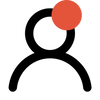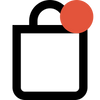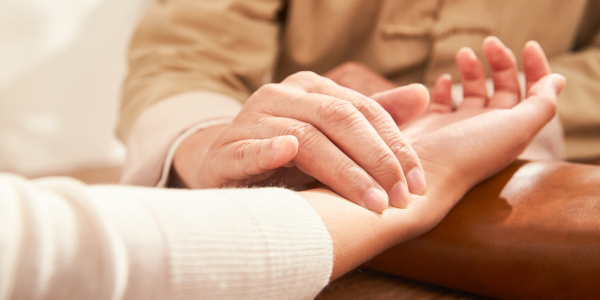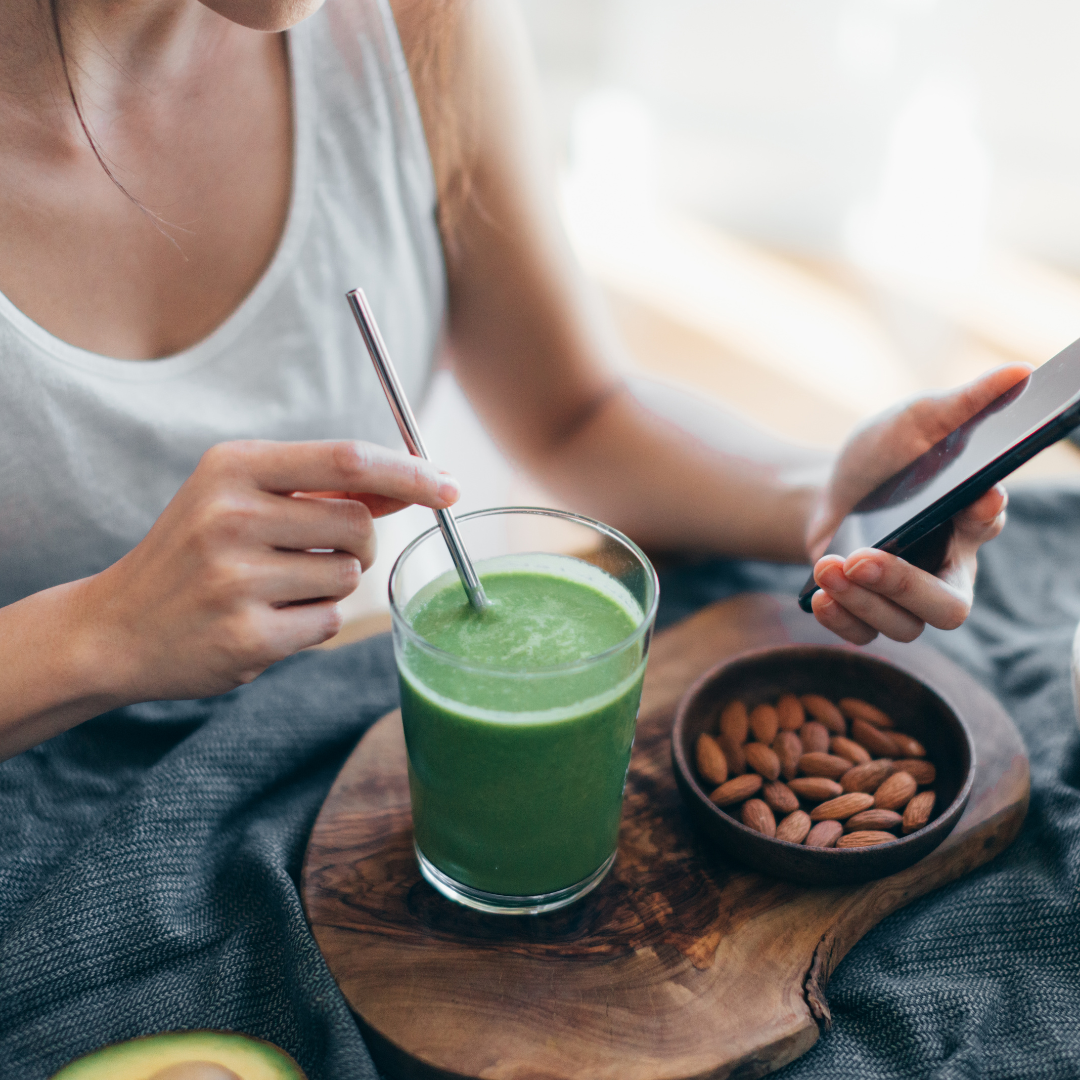Traditional Chinese Medicine (TCM) is an ancient and holistic medical system that views the human body through a unique lens. One fascinating aspect of TCM is the concept of body types, which categorizes individuals based on their physical, emotional, and energetic traits. In this blog, we will delve into the eight body types recognized in TCM, providing insights into their characteristics, strengths, and weaknesses. Gaining an understanding of your body type can help you optimize your health and well-being.
1. Qi-Deficient Type:
Qi, or vital energy, is central to TCM. Individuals with a Qi-deficient body type may experience fatigue, shortness of breath, and a weak immune system. They may benefit from activities that support energy cultivation, such as Qi Gong, Tai Chi, or yoga, as well as a diet rich in energizing foods.
2. Blood-Deficient Type:
Those with a blood-deficient body type may suffer from pale complexion, dizziness, and dry skin. In TCM, nourishing the blood is essential for this body type. Consuming iron-rich foods, such as leafy greens and red meat, can help, along with blood-nourishing herbs like angelica root (Dang Gui) and Chinese wolfberry (Gou Qi Zi).
3. Yang-Deficient Type:
Yang energy represents warmth and activity. A yang-deficient individual may feel cold easily, have a slow metabolism, and experience low libido. They may benefit from consuming warming foods like ginger and cinnamon, while avoiding cold and raw foods. Physical activity and exposure to sunlight can also help bolster yang energy.
4. Yin-Deficient Type:
Yin energy represents coolness and stillness. Yin-deficient individuals may experience hot flashes, night sweats, and irritability. They should focus on consuming cooling, yin-nourishing foods like tofu, cucumber, and watermelon. Restorative practices, such as meditation and gentle yoga, can also help replenish yin energy.
5. Dampness Type:
Dampness is a TCM concept related to sluggishness and congestion in the body. Individuals with a dampness body type may experience bloating, water retention, and weight gain. They should avoid damp-inducing foods, such as dairy and sugary treats, and consume more diuretic and warming foods like barley, aduki beans, and ginger.
6. Phlegm Type:
In TCM, phlegm is not limited to the respiratory system but can manifest throughout the body. Those with a phlegm body type may struggle with sinus congestion, excess mucus, and brain fog. A diet low in processed foods and high in fiber, along with herbs like magnolia bark (Hou Po) and pinellia (Ban Xia), can help reduce phlegm buildup.
7. Wind Type:
The wind body type is characterized by a propensity for sudden changes, such as muscle spasms, tics, or emotional fluctuations. To manage these symptoms, wind-type individuals should prioritize a stable routine, consume grounding foods like root vegetables, and practice stress-reduction techniques.
8. Stagnation Type:
Stagnation in TCM refers to the obstruction of qi or blood flow, leading to symptoms like pain, tension, and irritability. Individuals with a stagnation body type may benefit from activities that promote circulation, such as aerobic exercise and acupuncture, as well as anti-inflammatory foods like turmeric and cherries.
Understanding your body type in Traditional Chinese Medicine can provide valuable insights into your unique strengths, weaknesses, and health needs. By tailoring your lifestyle and diet to your specific body type, you can achieve greater harmony and balance, supporting your overall well-being
















